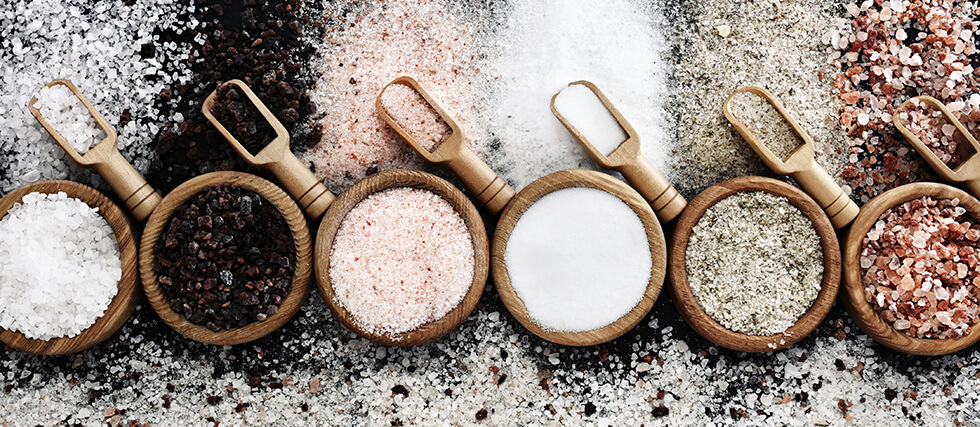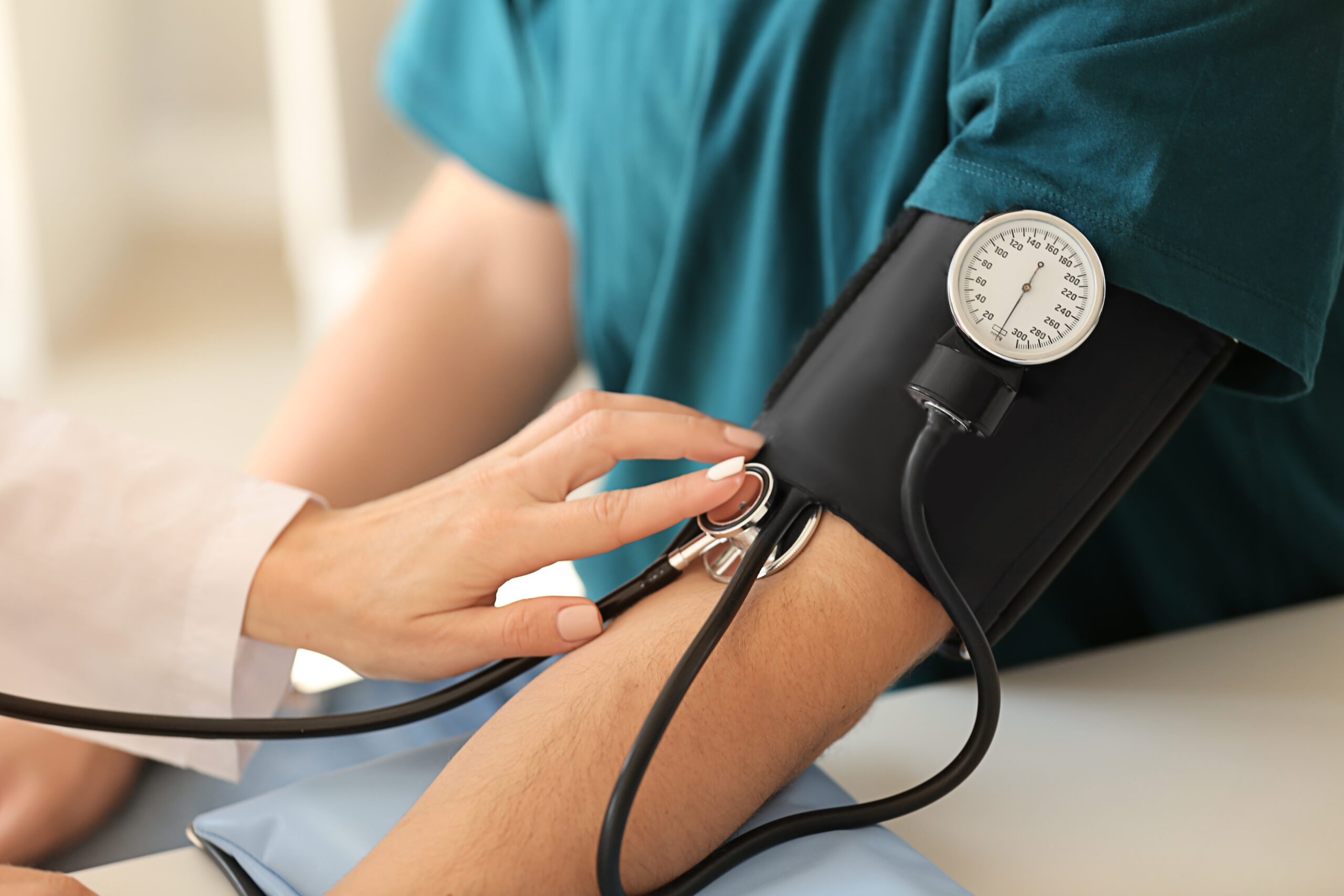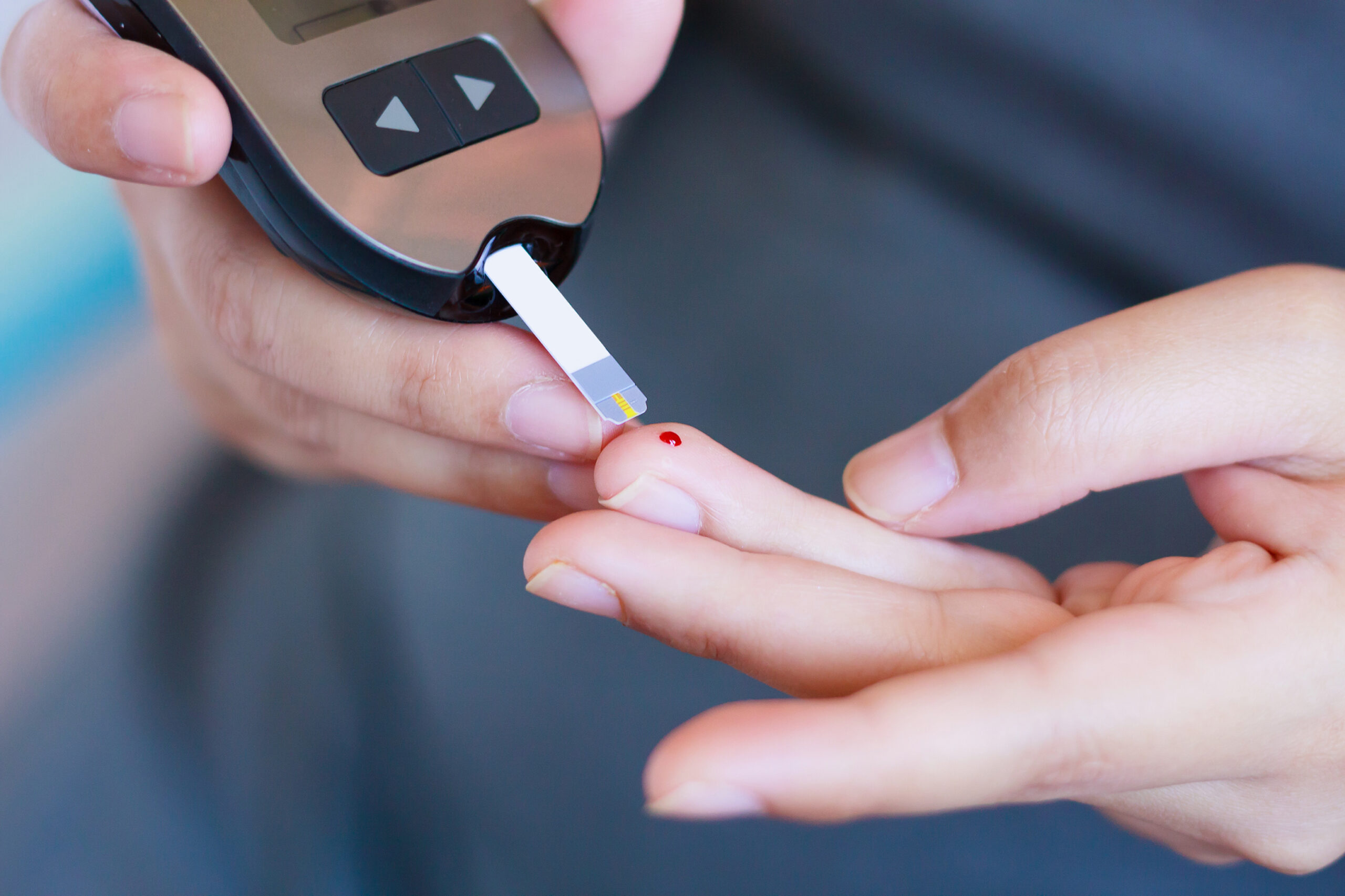Are You Getting Enough of the Right Kind of Salt?
We’re often warned about too much salt, but not getting enough—especially the right kind of salt—can be just as harmful. According to Dr. Saurabh Sethi, a Harvard-trained gastroenterologist, consuming less than one teaspoon of salt per day can lead to serious health issues. But it’s not just about the amount—it’s about the quality of salt.
Most processed foods contain refined table salt, which is stripped of natural minerals and often contains additives like anti-caking agents. In contrast, unrefined sea salt—such as Celtic sea salt or Himalayan salt—retains essential trace minerals like magnesium, potassium, and calcium, which support hydration, nerve function, and cardiovascular health.
Why You Need Mineral-Rich Salt
- Prevents Dehydration & Low Blood Pressure – Sea salt helps maintain electrolyte balance, preventing dizziness, muscle weakness, and fainting.
- Supports Metabolism & Insulin Sensitivity – Studies show that a low-sodium diet can increase insulin resistance, raising the risk of type 2 diabetes.
- Protects Heart Health – Consuming less than 3,000mg of sodium per day has been linked to higher heart attack and stroke risk—but natural sea salt, rich in minerals, supports proper circulation.
- Regulates Cholesterol – Unlike table salt, sea salt provides nutrients that help regulate LDL (‘bad’) cholesterol rather than increasing it.
How Much Salt Do You Need?
Aim for one teaspoon of unrefined sea salt daily to ensure your body gets the essential minerals it needs. Ditch the highly processed table salt and opt for real, mineral-rich salt to support your overall well-being!





